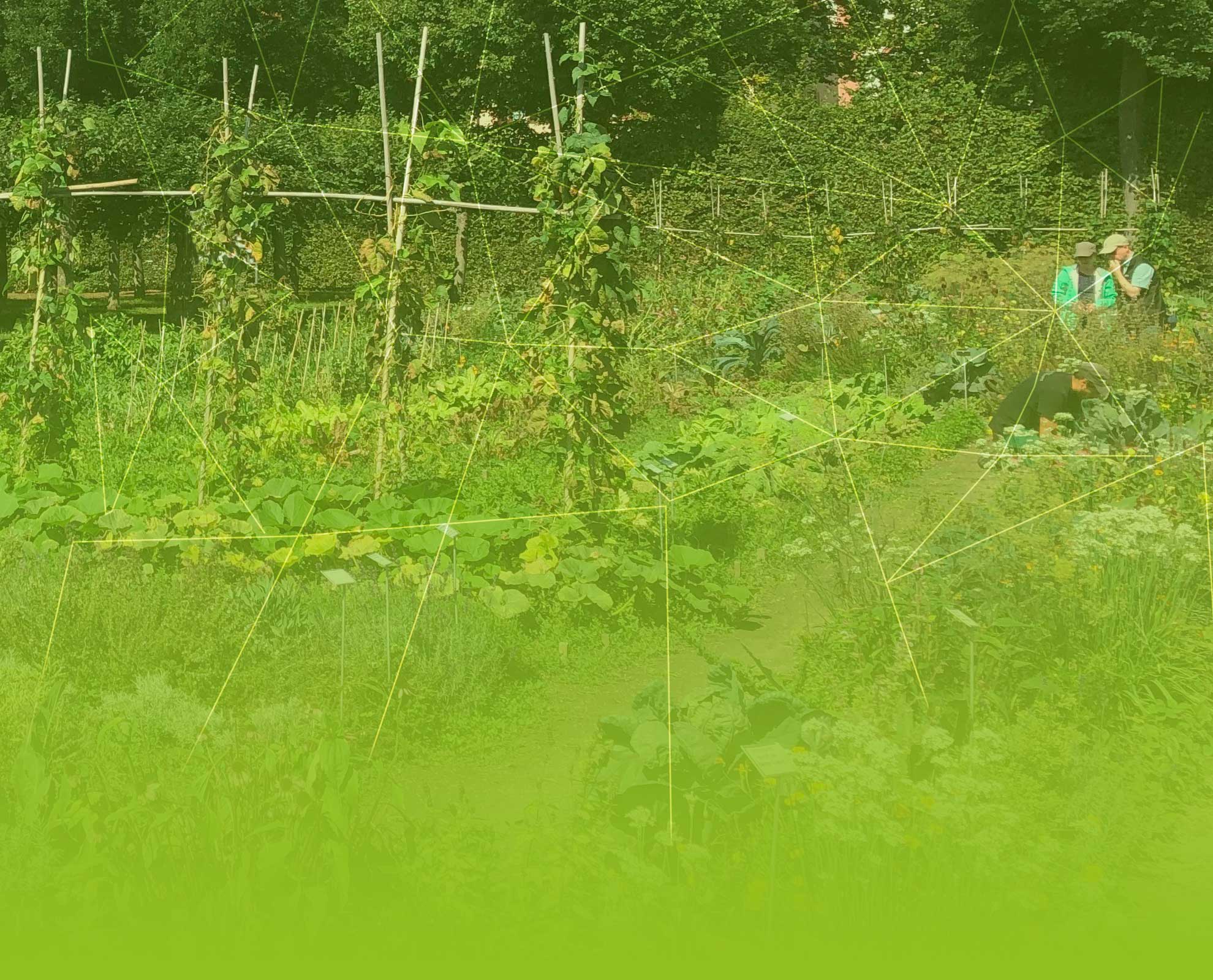The research vision: eating out in a healthy and sustainable way
A canteen lunch or a fast snack on the way home is nowadays part of many people’s life. Because of complex living and working conditions, many people simply lack the time to cook at home. However, today there is also sustainable and healthy food for eating out. Thanks to innovations in dish offers, prices, certificates and forms of presentation, consumers have easier access to food that is not too expensive, healthy, sustainable and tasty. Consumers can rely on environmental and social standards for food production and a high health value of the food. They can be sure that the food is suitable for a sustainable and healthy life-style.
Businesses based in the out-of-home dining sector (Außer-Haus-Gastronomie, AHG) work continuously on a range of dishes that are healthier and more sustainable to cope with these changes in lifestyles and demand. To do that they further develop their supply in response to consumer needs with the help of dialogues with them. This project aims to initiate and disseminate trans-formative processes for more sustainable production and consumption in the out-of-home dining sector.
Sustainability assessments and health impact evaluations of food
To reach these goals, there are different methods to evaluate the sustainability and health impacts of AHG offers. Practicability, i.e. the ease with which these methods can be integrated in corpo-rate decision making, will be a crucial criterion. Focal points will be product development, range (design) and price design and communication. Consumers will furthermore be analyzed to identi-fy instruments that foster sustainability. At the same time, emphasis will be placed on the con-sumers need to have simpler rather than more complex decision situations and relief in the every-day life. Promising adjusting screws are the range of dishes, consumers’ information and way of presenting the prices. Additionally, it will be taken into account how consumers can be motivated to strive to more sustainable consumption via participation and incentive systems.
Testing the concepts with the help of case studies
The gained knowledge on how to evaluate the dishes with these methods of addressing consum-ers will be integrated with the help of six business case studies. These case studies allow putting tested and evaluated methods and information into practice. Furthermore, these cases allow for further developing structural product ranges. Additionally it is planned to disseminate the knowledge that is gained after every working step via specialist and scientific multipliers.
Initiating transfer
The current understanding of the out-of-home dining sector is still being analysed. Within the scope of actors and stakeholder dialogues, the guiding principle “Sustainability in the out-of-home dining sector” has to be developed. The potential for these project results to be transferred is estimated to be extraordinary. With the help of the practice partners, all relevant areas of the out-of-home dining sector will be covered. This includes care, education, business catering, indi-vidual and event gastronomy. Applicable results will be compiled for all areas. Businesses of different sizes are part of the project, including small and medium enterprises, as well as large corporations and various kinds of enterprises (including GmbH, AöR, e.V.). Hence, the different initial situations for such organizations can be taken into account in order to reach a successful transfer in the stage of product design.
Prof. Dr. rer. pol. Petra Teitscheid, Fachhochschule Münster, Fachbereich Oecotrophologie · Facility Management




